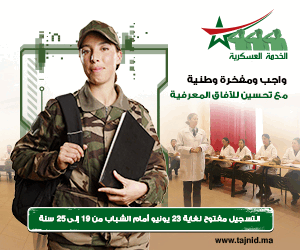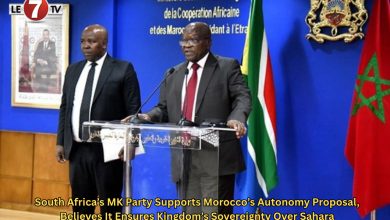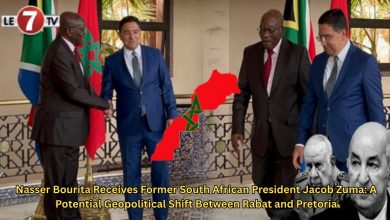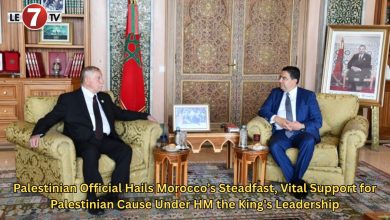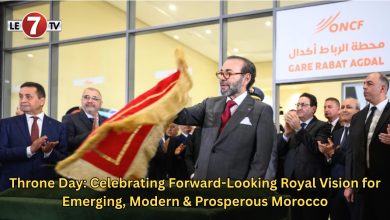C24: M’hamed Abba Highlights International Momentum Supporting Moroccan Sovereignty Over the Sahara and the Autonomy Plan
During the recent regional seminar of the UN’s Special Committee on Decolonization (C24) held in Dili, Timor-Leste, M’hamed Abba, elected member of the Laâyoune Sakia El Hamra region, emphasized the growing international momentum in favor of Morocco’s sovereignty over the Sahara and the Kingdom’s Autonomy Plan as a definitive solution to this regional dispute.
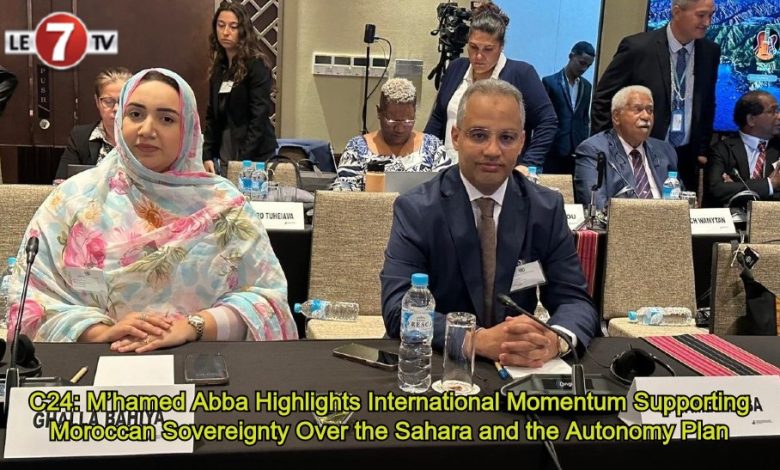
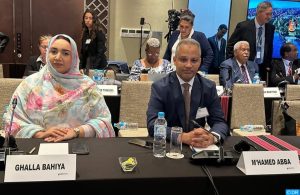
Mr. Abba, who has been invited to this seminar by the Chair of the C24 for several years, highlighted the strengthening global support for Morocco’s position. He cited the historic decision of the United States reaffirming its recognition of Morocco’s sovereignty over the Sahara.
He also noted France’s position, along with that of many European and African countries, which back the Moroccan Autonomy Initiative as the most serious, realistic, and credible solution to the artificial conflict around the Moroccan Sahara.
As part of this growing support, around thirty countries have opened consulates in Laâyoune and Dakhla, symbolizing the irreversible momentum of the Moroccan identity of the Sahara.
Mr. Abba added that over 117 countries now support Morocco’s Autonomy Plan, which is grounded in international law and consensus, respects Morocco’s sovereignty and territorial integrity, and offers broad self-governance to local populations, while safeguarding cultural identity and guaranteeing representation.
He also highlighted the broad socio-economic development underway in the southern provinces under the leadership of King Mohammed VI. Since the completion of Morocco’s territorial integrity in 1975, the country has made an irreversible choice to turn this region into a model of inclusive and sustainable development.
“Today, the Moroccan Sahara is a dynamic land of opportunity, where democracy, infrastructure, clean energy, and social justice are pillars of a new era,” he said.
Mr. Abba noted that this reform momentum has accelerated with the 2015 launch of the New Development Model for the Southern Provinces, which aims to develop high-value-added sectors and ensure a dignified life for all Moroccan Saharan citizens.
Among the major infrastructure projects:
- The Tiznit-Dakhla expressway, expected to boost trade, travel, and regional integration
- The Dakhla Atlantic Port, a strategic hub positioned to become a major trade gateway to West Africa
He described this strategy as “development diplomacy,” a Royal initiative affirming Morocco’s commitment to African solidarity and economic integration.
Additional key projects include:
- A technopole in Foum El Oued (MAD 2 billion), hosting the Mohammed VI Multidisciplinary University, an excellence high school, and a training and skills center
- The first medical school in the southern provinces (MAD 257 million)
- A university hospital with a 500-bed capacity (MAD 1.2 billion)
Mr. Abba also pointed out that the Moroccan Sahara is becoming a key player in national energy transition, with solar plants (Noor Laâyoune and Noor Boujdour) and wind farms (Tarfaya and Akhfennir), helping to reduce carbon emissions and enhance Morocco’s global climate leadership.
In reference to the Laâyoune-Sakia El Hamra region, which boasts one of the highest GDP per capita rates in the Kingdom (exceeding MAD 71,000 in 2024), he stressed that this is not just a statistic but evidence of a successful model led by a visionary Royal approach.
Turning to the dire conditions in the Tindouf camps (southwest Algeria), Mr. Abba condemned the inhumane situation in which sequestered populations are denied identity, freedom of movement, and basic rights.
He pointed out that the host country refuses to allow a census of the camps’ inhabitants, violating UN obligations and ignoring Security Council Resolution 2654.
He also denounced the systematic diversion of humanitarian aid, confirmed again in 2024 by the World Food Programme (WFP), and the indoctrination and military recruitment of children in these camps.
“Tindouf is not a humanitarian haven; it is a lawless zone and a breeding ground for radicalization, human trafficking, and ties to terrorist networks in the Sahel,” he warned, noting that several leaders of these armed groups were former Polisario militants, trained in these camps.
He concluded by contrasting the Moroccan Sahara—a land of peace, investment, clean energy, gender equality, youth leadership, and genuine hope—with the Tindouf camps, which remain places of stagnation, repression, and lost futures.



